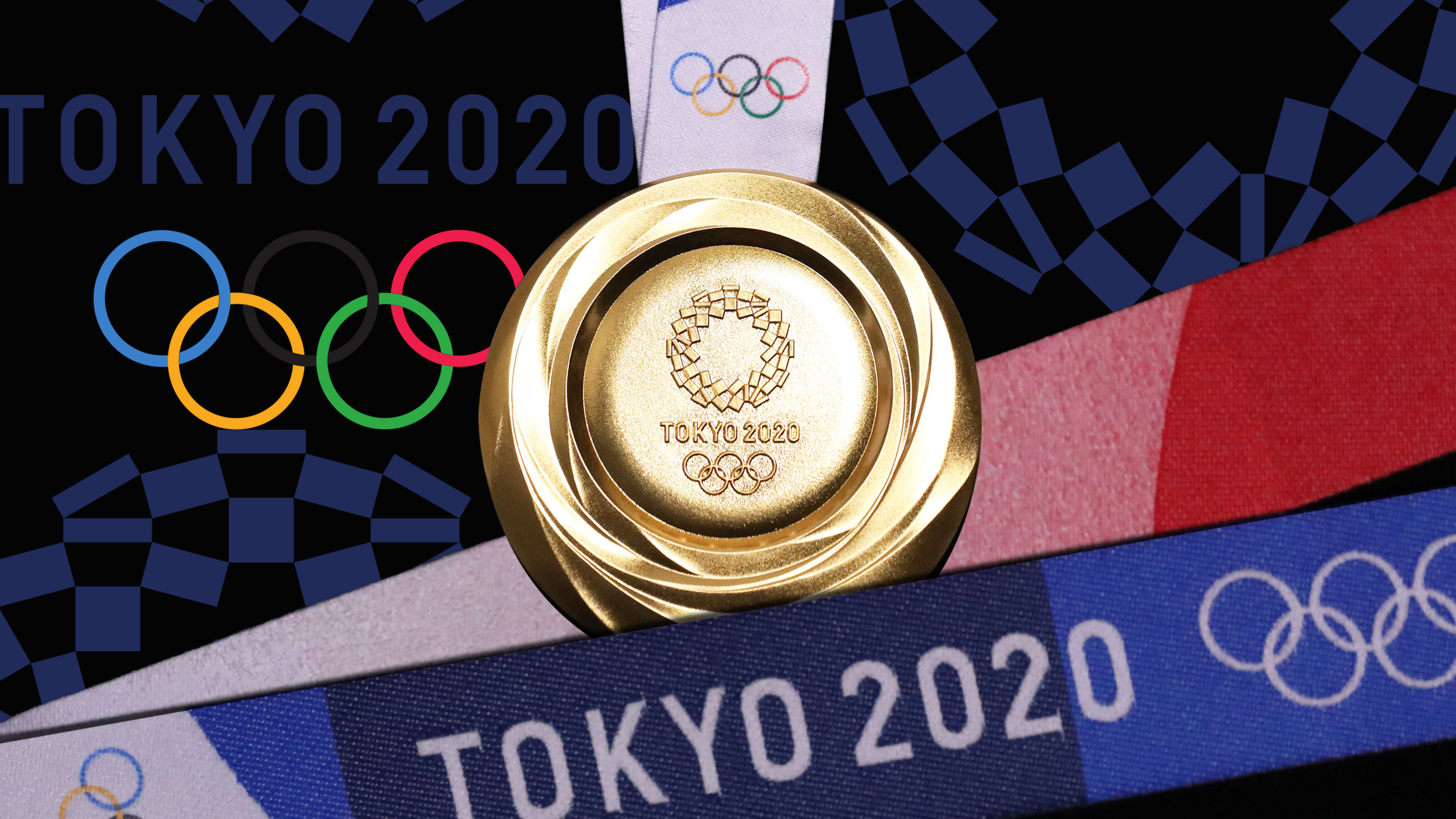The 2020 Olympics have officially been postponed to 2021. From a branding perspective, this presents a bit of a problem: What happens when your brand name is tied to a date that’s now out-of-date? The International Olympic Committee (IOC) announced that for Tokyo 2020, nothing will change. Though the Olympics will be in 2021, the branding will still say 2020.
On the one hand, redesigning a global brand identity would require a huge overhaul—the Tokyo 2020 logo is on merchandise and out-of-home ad campaigns around the world, and already has been in use for years. On the other hand, leaving the logo as-is could feel like a shrug; as if worldwide consumers are supposed to just kind of accept the brand as a global misprint, due to circumstances we’re all still grappling with. The 2020 Olympic Games could also set an example for a slew of major events that have been cancelled and rescheduled to next year. How should branded events adjust? We spoke with a handful of brand strategists to find out.
Debbie Millman, chair of the masters in branding program at the School of Visual Arts, says it’s a mistake to retain the existing identity. “Keeping it the same identity signifies symbolically that nothing has changed,” she says. “And everything has changed. . . . We have an opportunity to acknowledge this extraordinary circumstance in a way that pays homage to the fact that the global pandemic occurred and that we are acknowledging the impact it had on both the athletes and the world at large.”
Peter Knapp, chairman and chief creative officer of Landor, echoes Millman’s sentiment, though he doesn’t think a brand overhaul is necessary. “There needs to be some type of reaction to recognize the world in which we live and that the games that would’ve taken place this year are going to be different,” Knapp says. “The IOC won’t want to be seeming profligate and spending money in the wrong place, but what it will need is something that is a clear piece of communication design.”
To achieve what he calls a “nod of the head to the changing times we live in,” Knapp suggests visual tweaks to the identity. Yes, the mark for the date should change, but the Tokyo Games could make other small changes, too: an additive feature to the existing brand, or a color change for instance. This would achieve two things, he says: It doesn’t waste the time and money spent on the original branding, especially when there could be backlash that funds could be spent “to better effect,” and it recognizes the change in circumstances.
Not everyone we spoke with agrees. “Changing it would ignore what happened in 2020 and undercut the real spirit and potential for the games to serve as a touchstone for the world to heal, reflect, and move forward together,” says Jason Cieslak, president Pacific Rim at Siegel+Gale.
Karishma Sheth, creative director at SY Partners, sees the existing branding as an opportunity. “I think there’s such a bigger story to tell when it’s still named 2020 but happens in 2021. It tells a story in history about how the world came together after a debilitating pandemic.”
Sheth acknowledges that from an event standpoint, using “2020” to communicate an event taking place in 2021 could be confusing. But, she says, Tokyo 2020 can mitigate that with a clear and repetitive brand story—the delay is “a global fact and part of everyone’s story. I think it’s something that would be embraced.”
More pragmatically, altering the branding would cost money. Tokyo would have to update marketing plans (and ask sponsors for the funds to change them), reports The Wall Street Journal. It would also require an overhaul of existing collateral and a potential overhaul of its $1.3 billion marketing budget.
No doubt, other events that were canceled this year will face similar dilemmas. Says Knapp: “It will be an exceptional year in terms of how event branding has to cope with this.”
Recognize your brand’s excellence by applying to this year’s Brands That Matter Awards before the early-rate deadline, May 3.
